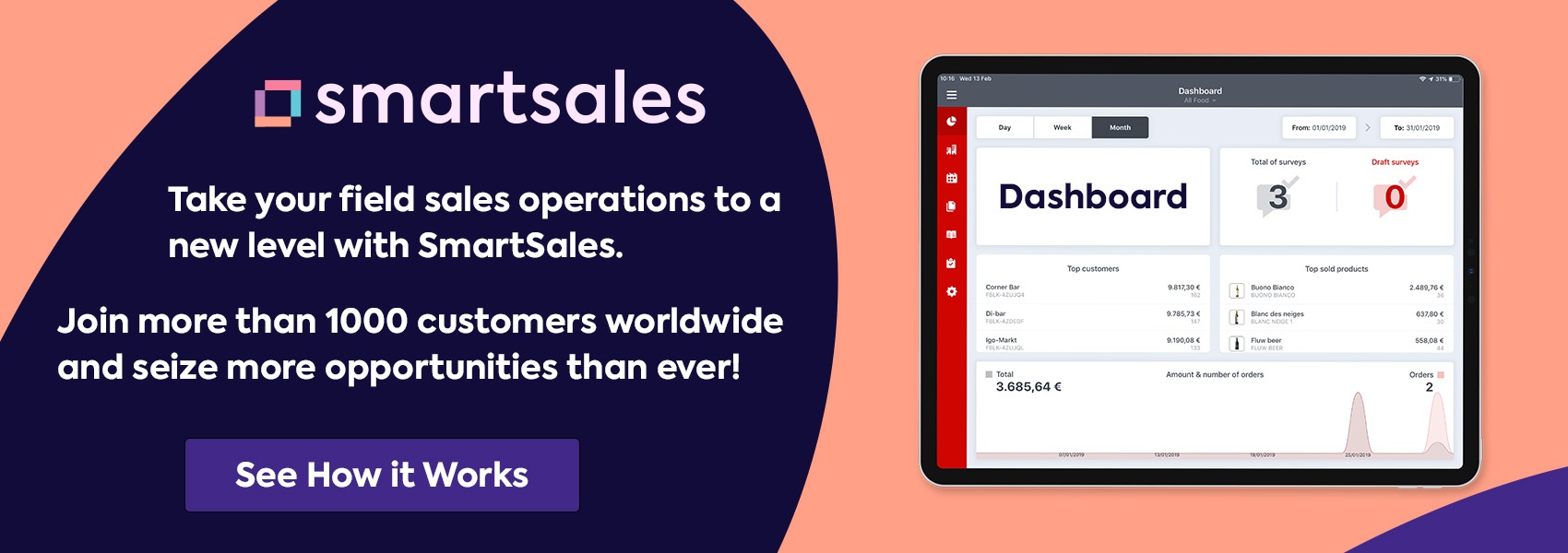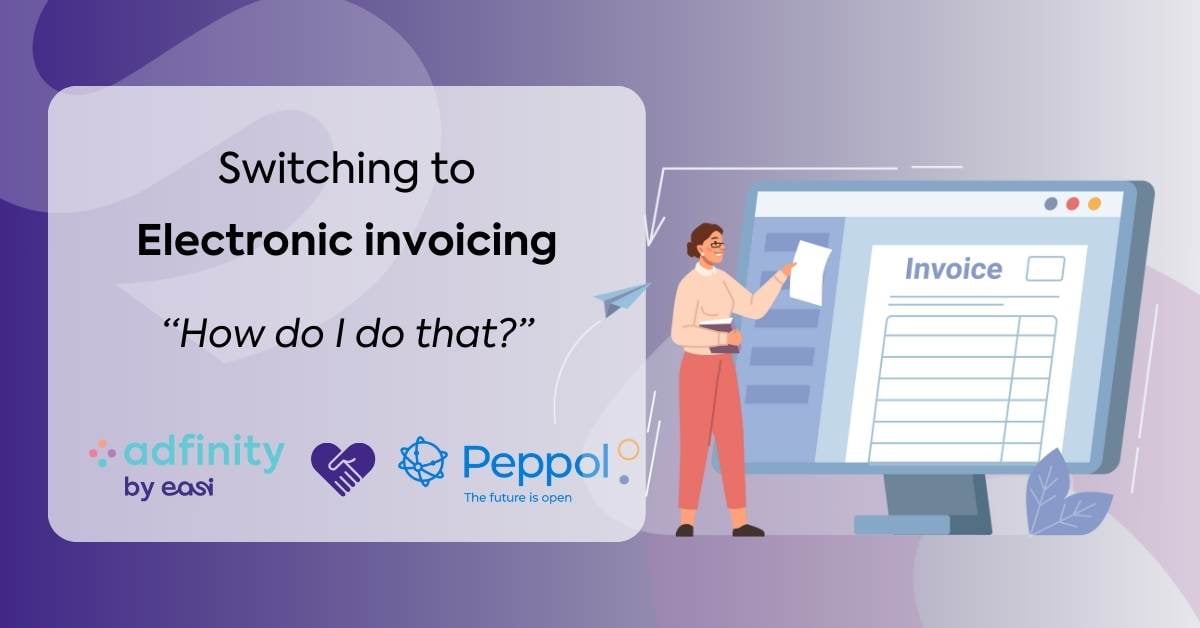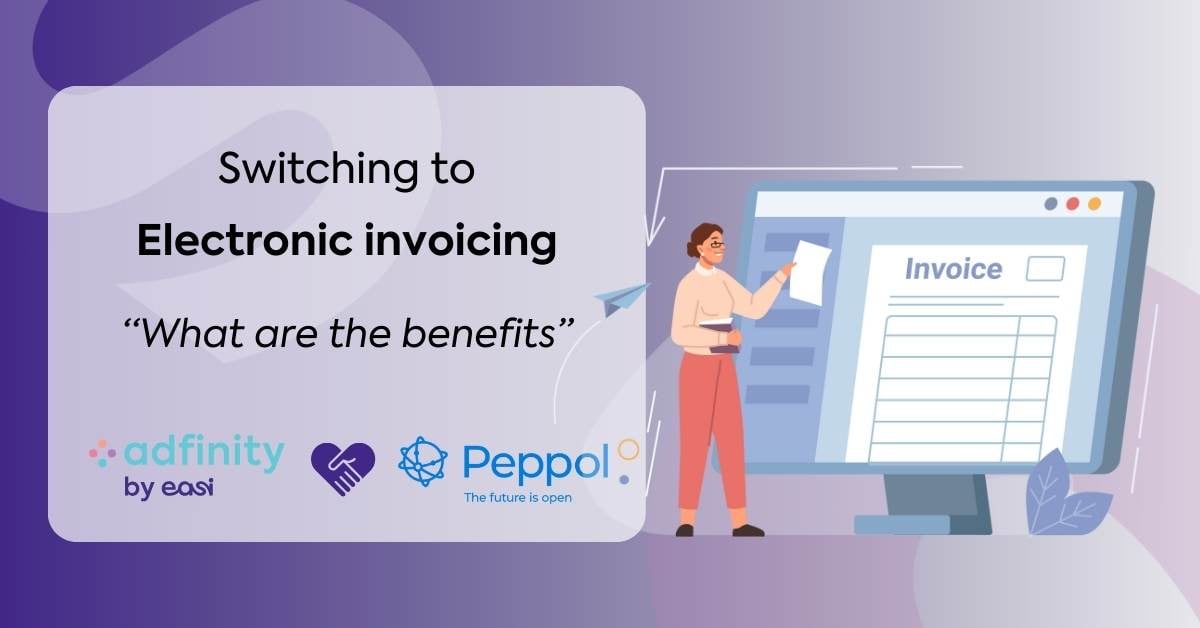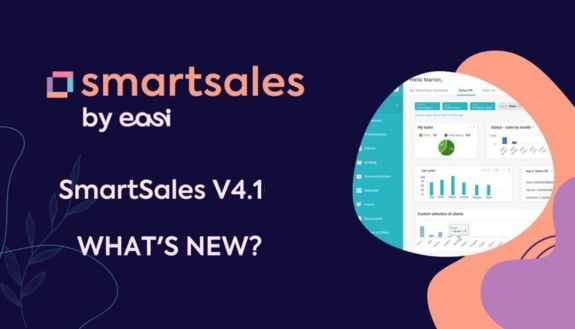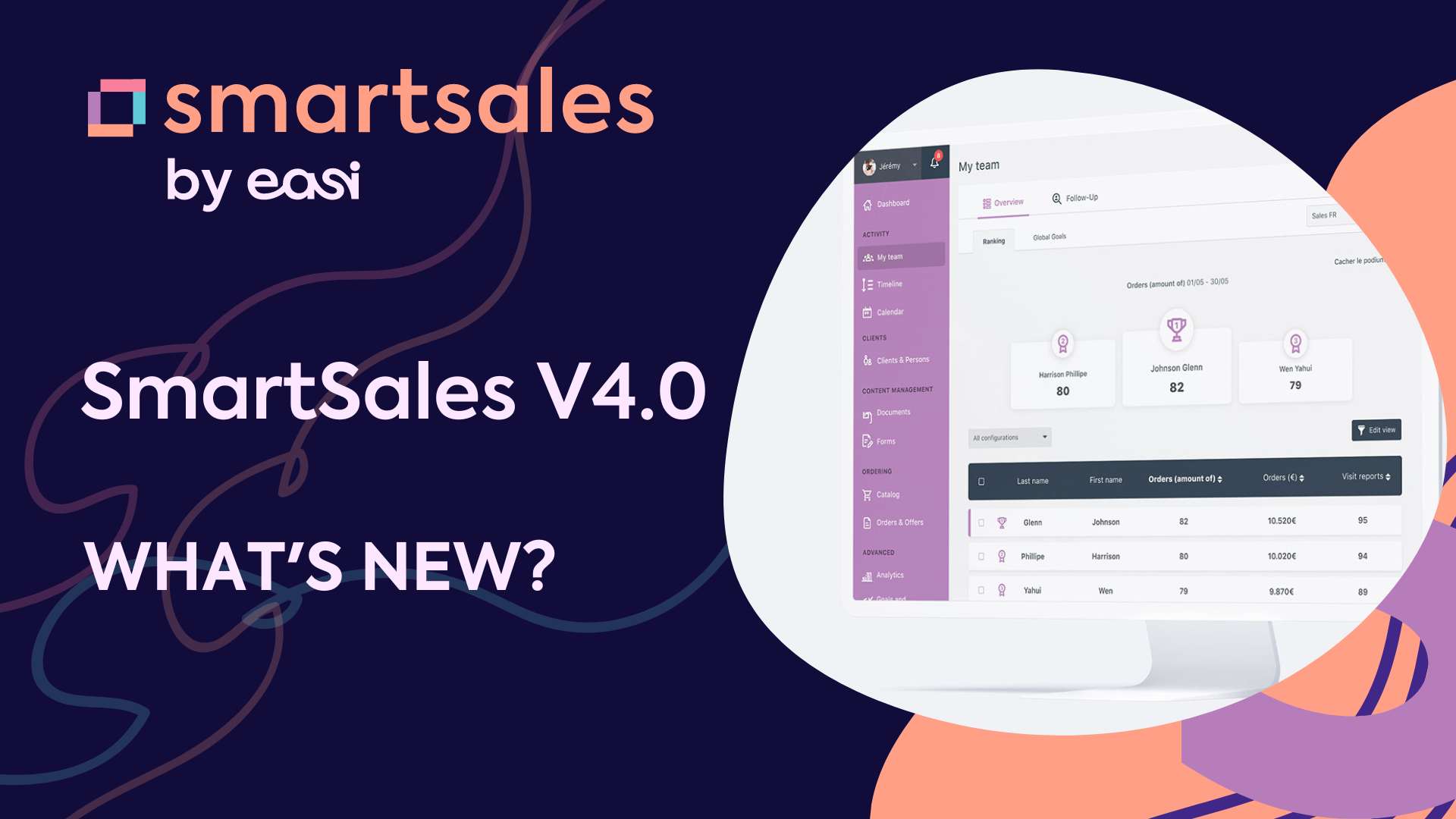If you work in sales, I'm not telling you anything new when I say that the sales profession has changed dramatically since the pandemic began. I was also a victim of these changes and had to adapt quickly. I then asked myself: What will my job look like once this crisis is behind us?
Selling digitally
Do you still remember March 2020? That's probably when you were introduced to remote working, collaboration tools and video conferencing services, especially for product demonstrations. Today I can only say that all of these things have helped us in some way to stay in business.
More than a year into the pandemic, I am confident that the way we do business will remain, and even grow, once this crisis is over. This may come as a surprise to you, but this new way of working is not such a bad thing. Let me explain: the adoption of digital technology presents great opportunities for our business. For example, the move to virtual selling can help sales organizations reduce their cost per visit, extend their reach, and dramatically improve sales efficiency.
But what does this mean for people who are active in sales? They will simply have to learn to adapt their strategies and become credible across the virtual barrier between them and their prospects. If they could still go on site before the pandemic to show their prospects that their products were better than the competition's, they're going to have to learn to do it more and more often digitally.
In fact, according to a study conducted by McKinsey, the majority of buyers and sellers will opt for more remote relationships in the future. The reasons are simple: to obtain information more easily, to place orders and to obtain services more quickly.
Adopting digital selling will therefore be a way to satisfy customers who ask these new ways of interacting and are likely to reward suppliers who do so. Furthermore, committing to more digital go-to-market models should also provide a competitive advantage over companies that do not.
3 tips for effective video calls
As you can see, it seems that selling via digital channels is here to stay. So I've prepared some tips on how to optimize your calls with your prospects and create maximum impact.
1. Plan shorter video meetings
If you plan on a 30-minute phone call with prospects, reduce that to 10 minutes when you ask to meet with them via video. If you usually ask to speak for an hour on the phone, aim for only 15-20 minutes on video. Why? Because frequency more than length of conversation matters when you sell via video.
In a face-to-face meeting, you can have a greater impact on people by spending more time with them. But in video, your conversations need to be replaced by shorter, more frequent interactions. The frequency of your appearance will have more impact when connecting remotely than the amount of time you spend talking to your contacts.
2. Send a meeting summary
"The palest ink is better than the best memory".
Meeting notes are an effective way to remind other participants of the agreements that were made during the remote meeting. It is also an excellent way to qualify your prospects.
3. Don't share your screen (too much)
Make no mistake, if you have something to show that adds real value to your customer or prospect, do it. But stop the screen sharing once it's done. Why? When you're selling, it's very important to build a relationship and be able to observe the body language of the person you're trying to sell something to. Good luck if you're going to do it from a small window of a few square inches on your computer screen.
Profile of a new salesperson
As we have already said, the health crisis has accelerated the transformation of certain professions and that of the salesperson is no exception! I am convinced that the salesperson of tomorrow will be a kind of hybrid professional mastering several areas of expertise. I think he will look like this...
1. He has excellent soft-skills
While these skills were sometimes overlooked in the past, they have become much more valued since the pandemic began. Traits such as perseverance, empathy, and resourcefulness are particularly valued for their income-generating results.
In addition, these skills inspire confidence in prospects and customers, making it easier for them to share their problems, and for the vendor to help them find the right solution.
2. He likes data
You don't have to be an expert in data manipulation, but the ideal salesperson is able to analyze the activity of their prospects and customers. This means he or she must be able to understand industry trends and interpret the data to be able to meet his or her customers' needs.
3. He is a true Sherlock Holmes
Another essential sales skill is the ability to gain knowledge about prospects. Spending time learning about the industry and familiarizing yourself with prospect data is an essential step to selling well. How many employees does the company have? How long has it been in business? Is it growing? Etc.
Quick Tip:
Create a Google Alert or use other monitoring tools like Mention and Talkover Alert to get the latest information about your prospects. It's a free tip ;-)
